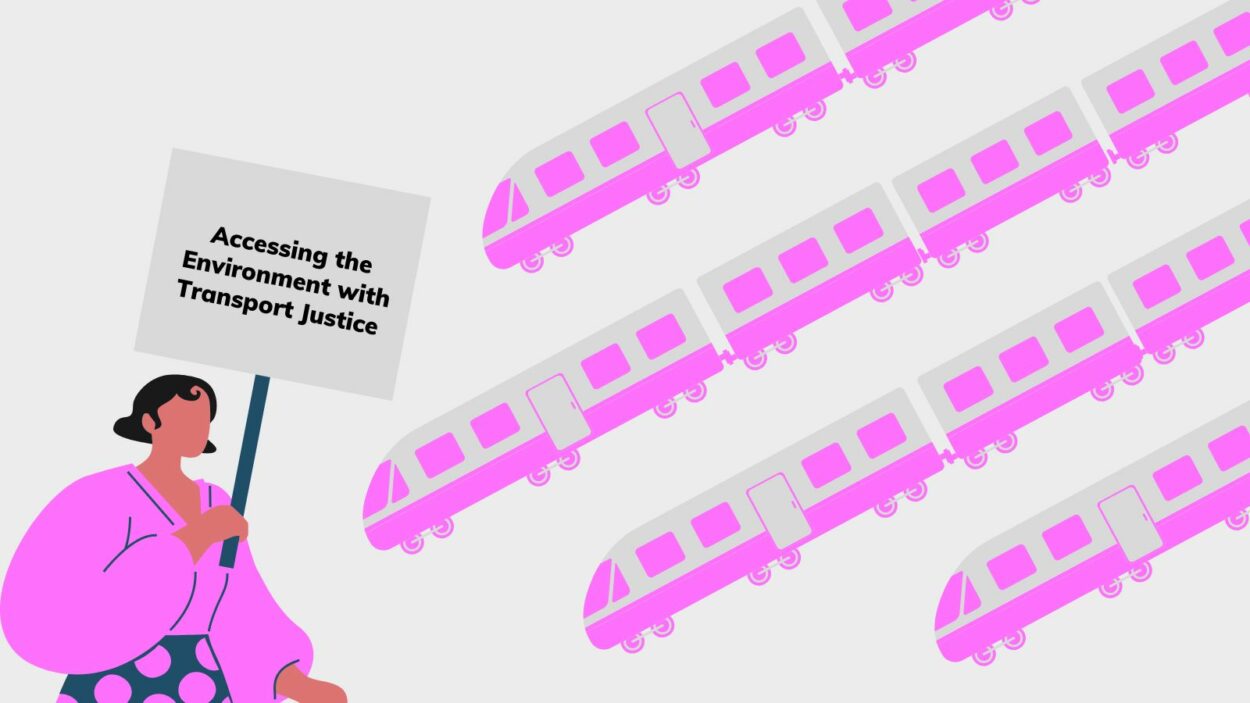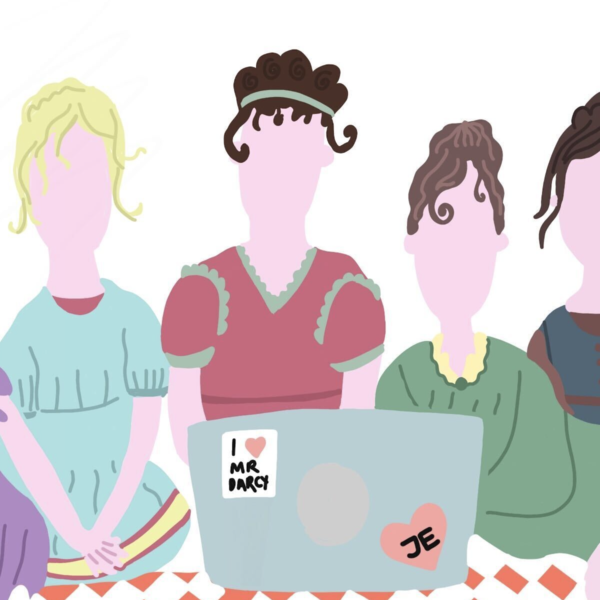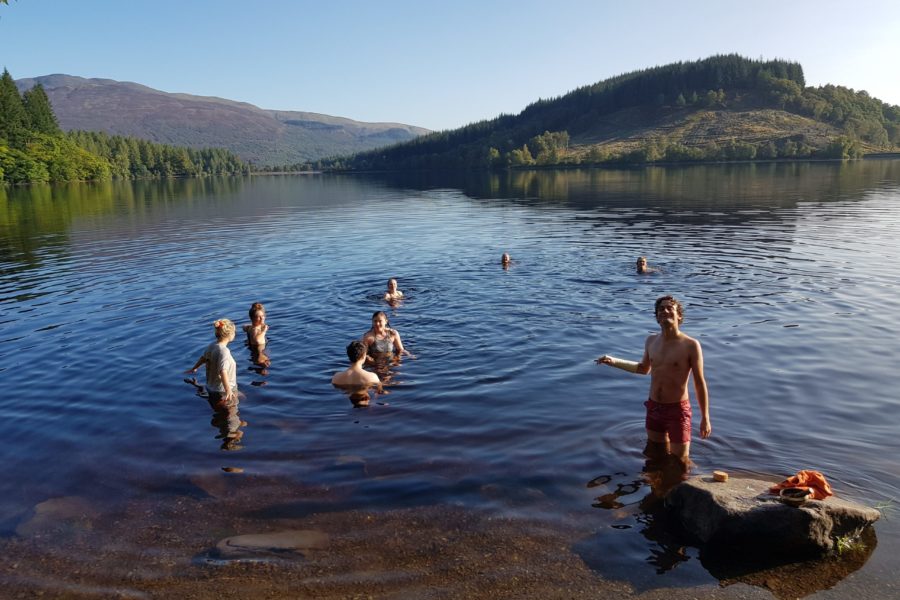Multiple issues can contribute to a lack of outdoor access. We should explore this through various lenses whilst highlighting possible solutions, as well as the organisations and individuals who are demonstrating ways that we can get outside more. This month, the spotlight will be on transport justice and the cost of living crisis.

Accessing the Environment with Transport Justice
Enough is Enough is a campaign founded by trade unions and community groups which aims to target the discrepancies in the cost of living crisis by demanding a shift in the way the government handles current affairs. It has been repeatedly called on in the past months and will be the heart of the debate into the new year. Mick Lynch – the head of RMT (rail, maritime and transport), is one of the founders and is working towards a no-nonsense, fairer society. It is the key to progression – yet, with every social battle, there are folk who will lose out in the fight.
The world’s recent spell of war, climate issues and unsettled politics have contributed to the UK’s cost of living crisis. Consequently, it has seen large oil companies reap profits and has left people suffering and feeling burdened with the challenges of day-to-day living.
(Millman, 2022)
The wealth of the oil and gas industry also highlights how there is still far more money flowing from the destruction of a livable climate than there is from efforts to maintain it.
It appears to be an unrelenting fight in the transition toward sustainable energy, and staying hopeful, organised and determined is a powerful way to keep governments and big corporations in check. It is what we have seen in a big way from campaigns like STOP CAMBO (and more recently STOP ROSEBANK) and the RMT union strikes. The more people become politically engaged, the more we can do to help change our futures. Moreover, we all need to reflect on what we’ve accomplished too, as sometimes it is so easy to feel disheartened when things are slow to resolve and more barriers keep cropping up. But by taking care of ourselves, we can become more mobilised for causes we care about – whether in the social or environmental sphere (and the intersections of it).
As shareholders make vast sums, a rapidly growing number of households are being exposed to fuel poverty. This is a political choice – where alternatives existed. A windfall tax on oil and gas companies could have funded support to keep bills lower or offset the increases.
(Gaudsan, 2022)
The ability to travel around our country sustainably is growing in difficulty – a result of systematic corporate greed that perpetuates the cycle of the majority of people facing an unsustainable living crisis. It is a political choice to protect the systems in place which protect billionaires and leave workers struggling to make ends meet. Furthermore, the cost of living crisis and union strikes link back to nature as these act as a barrier to the way we can physically get out to the countryside and landscapes. In turn, it will influence our mood toward wild places – and inherently becomes a space for those who can afford to get out to these locations – making nature more for the privileged when it should be a space for all. However, it is massively important to keep pushing back for the need to experience nature. This will break down the distance between us and the Earth in order to be able to effectively appreciate and care about it, protect the planet and fight the climate crisis.
In Scotland, public services are integral to the daily lives of people within cities and rural areas. To access the varied and beautiful parts of our landscape, the norm is to have access to a private vehicle. The reality for many is that public transport is a necessity and is integral for those who don’t have such luxury. The constant price rise of train tickets and the current unreliability of such services are leaving people sidetracked and unable to experience Scotland’s rural landscapes. In parallel, it goes both ways – and affects those who rely on services to get to the cities from rural areas.
Rail strikes have been the heart of the UK media for some time, and the changes to the system are apparent. The value of our unions to create this change has been controversial, with politics skewing ideas of the continued disruption and throwing out that ‘it does more harm than good’ approach. However, we know this isn’t the case, and over time, the union strikes should create a more just society. Ultimately, strikes are necessary for living wages and decent working conditions. The workers aren’t to blame and the word ‘harm’ is painfully misplaced, as ultimately it is down to the big bosses (and our government) to change things.
Elena Melton (a recent Master’s graduate from the University of Edinburgh), spoke to the need for a wider intersectional lens toward transport justice across urban and rural areas.
There is a need to align social goals – accessibility, social inclusion, and minimising transport poverty – and environmental goals – decarbonisation and sustainability – in transport. Transport is not just getting from one point to another, it is a process of mobility intertwined with class, gender, race, ethnicity, nationality, sexual identity, and physical ability.
We need an intersectional approach to tackle the accessibility issues in transport at a community, union, governmental and corporate level. More job roles to connect all the systems could be an option to integrate everything, as currently, each system seems to be working individually, ununified. Transport has the potential to alleviate poverty as it increases access to employment or education, as well as playing a role in environmental protection by connecting people on a deeper level to the world around them.
My research identified that there is currently a disconnect between places, projects, and transport systems. Transport in rural Scotland must not be isolated from transport in the rest of Scotland (urban Scotland).
(Melton 2022)
Like most things in the environmental justice world, the solutions are staring back at us, waiting to be picked up and used. However, sometimes these solutions can only be mobilised by government lobbying and pressure on corporations to do better. They need to not just speak about change but make the change, and also if they have the plans in place, communicate them more effectively so there is clear accountability. We are listening intently.






Leave a Comment